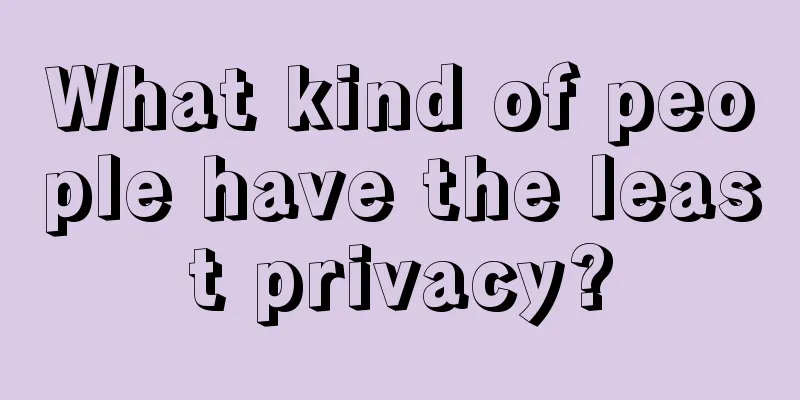How does U.S. law apply to non-U.S. digital currency companies?

|
Blockchain is borderless, but countries are not. Therefore, one of the challenges of successfully running a digital currency business is how to adapt to the different legal systems of different countries. However, for non-US companies, the issue is more complicated. The US often applies its laws outside the US because US law enforcement agencies tend to view their jurisdiction with an open mind, sometimes even prosecuting people or companies with only a tenuous connection to the US. Adapting to US lawSo how do U.S. laws apply to non-U.S. digital currency companies? First, it is important to know that even if a company is not based in the United States, as long as it does business in the United States, it is likely to be subject to U.S. law. Therefore, if a company is located in Finland, with servers and employees in Helsinki, but customers are in the United States, it will not be free from the control of U.S. law. This means that non-US bitcoin exchanges that allow Americans to trade on their platforms generally need to be licensed as money transmitters under US law, such as cloud-based wallet systems that allow trading in the US. Similarly, non-US companies that have Americans participate in crowdfunding are largely subject to US securities laws. Of course, it is not as easy for U.S. law enforcement agencies to control companies whose employees, bank accounts and servers are located outside the U.S., as it is difficult for U.S. law enforcement agencies to control overseas funds or overseas computers. But this does not mean that these companies are immune, and global police agencies often cooperate to arrest and extradite people accused of crimes in other countries. ClosenessHow much and to what extent does a company need to be connected to the United States to be subject to U.S. law? This is complicated and may require a lot of factual proof. But in short, if a web-based company has U.S. customers, then given that fact, the company is likely to be subject to U.S. law. So what if a non-U.S. company avoids U.S. customers altogether? That’s a good way to circumvent U.S. law, but it’s not a foolproof method. Federal prosecutors sometimes seize on a company’s relationship with a U.S. bank or claim that the company has private contacts with Americans. For example, U.S. terrorist financing regulations make anyone involved in the financing of terrorist organizations anywhere in the world subject to U.S. law, as long as the funds are “directed” to attack the United States. There are also legal constraints on U.S. citizens working abroad. Regulations prohibiting money laundering, terrorist financing, and foreign corruption specifically apply to U.S. citizens abroad. For non-US companies concerned about whether US law applies to them, the first step is to determine whether they have avoided or satisfied US currency exchange laws. But a good compliance program also includes other areas of regulation, such as money laundering laws, consumer protection laws, privacy and commodity laws. For many small companies, these are theoretical problems. Civil and criminal enforcement are always the least likely for small businesses. The reverse is also true: the more successful a business is, the more its business practices will attract the attention of law enforcement agencies. Therefore, for non-US businesses that want or expect to succeed, some early legal strategic planning can avoid huge expenses and potential criminal risks in the future. |
<<: Bitcoin First Questions—Why should I use Bitcoin?
>>: Summary of Bitcoin Qualification Certification
Recommend
Source: Sichuan Mining Industry expressed a positive attitude at the forum, but no details yet
On June 2, Sichuan Province held a research sympo...
What does it mean if a man has moles on his eyebrows and around them?
As one of the traditional physiognomy techniques, ...
What does it mean for a man with short eyebrows?
Among the twelve palaces of physiognomy, eyebrows...
The face of a person who always avoids things
When you encounter problems, the only ultimate so...
Store for 20 years and reuse? "Cell Bank" joins hands with "Blockchain" for the first time
The 18th China Hi-Tech Fair closed yesterday. Rep...
What is a truly good-looking face?
No one can be absolutely perfect. Where there are...
How will the marriage of a man with a broken eyebrow be happy?
What does it mean when a man cuts off his eyebrow...
What do these characteristics mean when they appear on the career line?
The career line is an extremely important line in...
There are eight-character lines between a woman's eyebrows. Will it bring bad luck to her husband?
The area between the eyebrows is what we call the...
What is the fate of a woman with M lines in her palm?
There are many lines in the palm of your hand, and...
Is a mole on the little finger related to marriage? Will a woman with a mole on her little finger have a happy marriage?
Traditional physiognomy covers a wide range, among...
What are the moles that indicate good luck with children?
What are the moles that indicate good luck with c...
How to read the life line on your palm
In life, many people want to know whether they ca...
Not suitable for leadership
Not suitable for leadership 1. People with sunken...
What are the facial features of a wealthy man?
If a person wants his development to be smooth, o...









